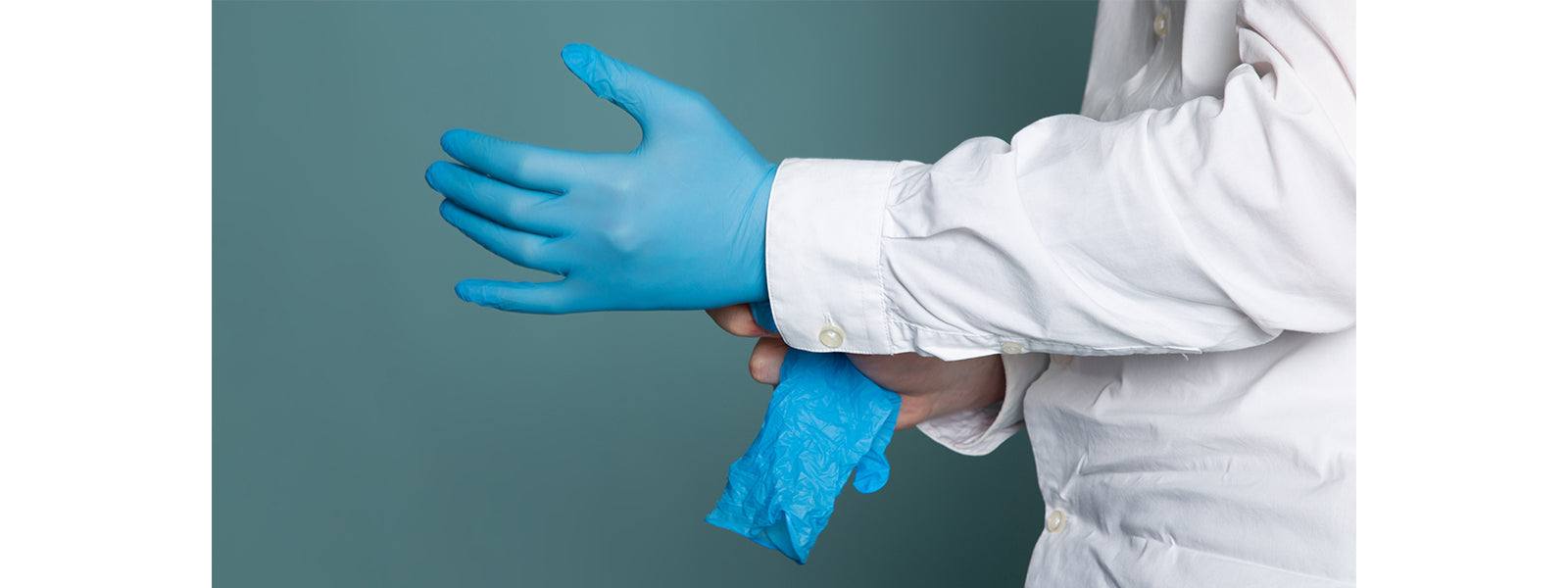
Understanding When Sterile Gloves Should Be Worn
In environments where maintaining aseptic conditions is paramount, sterile gloves play a pivotal role in preventing contamination and ensuring the safety of both the wearer and the surroundings. From medical procedures to laboratory work, the decision of when to don sterile gloves is critical. In some situations, wearing sterile gloves is not just a precaution but a necessity for precision, safety, and hygiene.
Medical Procedures
Surgery: Sterile gloves are an absolute requirement in surgical settings. Surgeons and operating room personnel wear sterile gloves to minimize the risk of infection during invasive procedures.
Intravenous (IV) Insertion: When inserting or managing IV lines, healthcare professionals should use sterile gloves to prevent introducing contaminants into the patient's bloodstream.
Patient Care
Wound Dressing Changes: Sterile gloves are essential when changing wound dressings to reduce the risk of infection. Open wounds are susceptible to bacteria, and sterile gloves provide a barrier against potential contaminants.
Catheter Insertion: Whether placing urinary or central venous catheters, healthcare providers should always use sterile gloves to prevent infections associated with these procedures.
Laboratory Work
Microbiological Testing: In laboratory settings, particularly when working with microbiological cultures, sterile gloves are crucial to prevent the introduction of foreign microorganisms.
Cell Culture: When handling cell cultures, sterile gloves are essential to maintain the purity of the cell lines and prevent cross-contamination.
Pharmaceutical Manufacturing
Drug Compounding: In pharmaceutical settings, especially during drug compounding or aseptic processing, sterile gloves are worn to ensure the purity and sterility of the final product.
Vaccine Production: The production of vaccines involves precise procedures where sterile gloves are used to maintain the integrity of the vaccine formulation.
Cleanroom Environments
Electronics Manufacturing: In cleanroom environments, particularly in electronics manufacturing, sterile gloves are worn to prevent the introduction of particles that could compromise the quality of sensitive electronic components.
Biotechnology: Biotechnology processes, such as DNA manipulation and protein purification, require sterile conditions, making sterile gloves a necessity.
Dental Procedures
Surgical Dentistry: Dental surgeons performing surgical procedures, such as extractions or implant placements, use sterile gloves to minimize the risk of postoperative infections.
Root Canal Treatment: During intricate dental procedures like root canal treatments, sterile gloves are worn to maintain aseptic conditions within the oral cavity.
Compromised Immune Systems
Immunocompromised Patients: When dealing with patients who have weakened immune systems, such as those undergoing chemotherapy, wearing sterile gloves becomes imperative to protect them from potential infections.
Disposable gloves are not merely a precaution but a fundamental requirement in various settings where precision, hygiene, and safety are non-negotiable. From medical interventions to scientific research and manufacturing processes, the decision to wear sterile gloves reflects a commitment to maintaining purity and minimizing the risk of contamination. By understanding the scenarios in which sterile gloves are necessary, professionals across diverse fields can uphold the highest standards of cleanliness and ensure the well-being of both themselves and those they serve.
Leave a comment